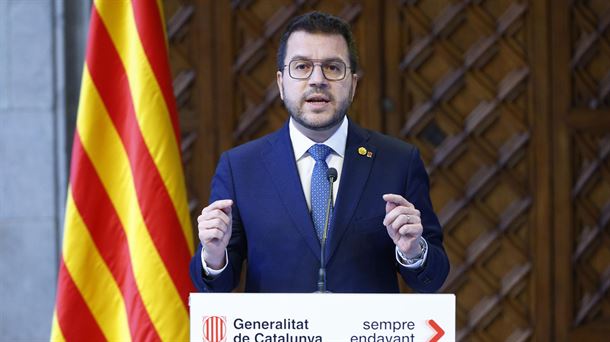After several months of delays, the government has finally put the planned Renewable Gas Act (EGG) on track. A corresponding government proposal was adopted by the Council of Ministers on Wednesday. The aim is that gas suppliers will supply mandatory and gradually determined quotas of biogas from 2024 onwards instead of conventional natural gas.
The revision of the EGG draft ended at the end of March 2023, and negotiations between the ÖVP and the Greens dragged on even longer after that. The bill will now be sent to parliament, where a majority on the two-thirds issue is being sought.
Huge expansion of domestic biogas production
The aim of the project is to expand domestic biogas production. From 2030, at least 7.5 terawatt hours of ‘green gas’ must be fed into the gas network every year. Utility companies must ensure that they supply customers with at least 9.75 percent green gas from now on (this share will be 0.35 percent in 2024). Compared to today, this means a more than fifty-fold increase in domestic production of biomethane (0.14 TWh to 7.5 TWh). A gradual increase with fixed percentage targets per year is planned for the years 2024 to 2030.
More biogas from Austria, less natural gas from Putin
In addition to climate protection, the law is also intended to strengthen Austria’s energy independence. “Domestic biomethane can directly replace Russian natural gas, reducing dependence,” the government documents say.
From 2040 only biogas
By 2040, domestic gas consumption must be fully covered by biogas. This should mainly be used in those areas for which no other solutions exist, especially in industry. Biogas is produced by recycling wood residues, agricultural waste or organic waste. According to the government, the entire process binds as much climate-damaging CO₂ as is released during combustion.
Sanctions for failure to meet quotas
Compared to the draft assessment, the fines for non-compliance with the quotas, which the gas industry had objected to, have been reduced. The sanctions stipulate that suppliers must pay 15 cents as a compensation contribution to the EGG processing company for each missing kilowatt hour (18 cents were still planned in 2025 in the draft). These revenues should then be used to finance the construction of biogas plants and renewable hydrogen production plants.
Source: Krone
I am Ida Scott, a journalist and content author with a passion for uncovering the truth. I have been writing professionally for Today Times Live since 2020 and specialize in political news. My career began when I was just 17; I had already developed a knack for research and an eye for detail which made me stand out from my peers.



